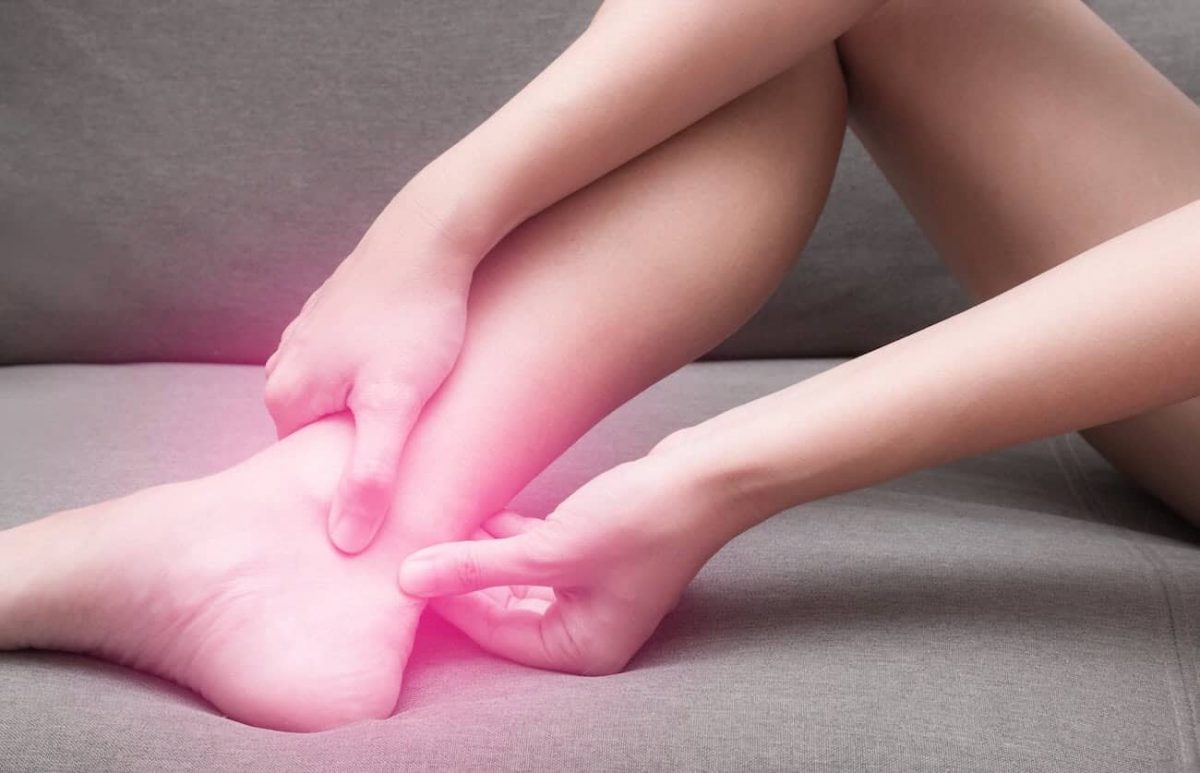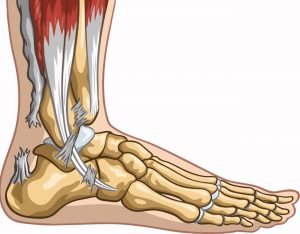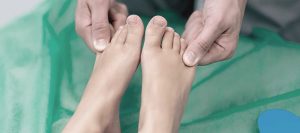
Tendonitis is a common condition characterized by inflammation and irritation of tendons, often resulting from repetitive movements or overuse. In the following, we delve into the world of tendonitis, exploring effective treatment options and practical prevention strategies. Whether you’re an athlete, office worker, or simply seeking ways to protect your tendons, join us as we unravel the secrets to managing and avoiding tendonitis.
The tendons in our bodies are crucial to movement.
These tough, fibrous, and flexible tissues attach our muscles to our bones and work together with muscles to exert the pulling force that allows our hands, arms, feet, and legs to move the way they’re supposed to.
Tendons have a hard job and they can usually stand up to the constant work they have to do.
Sometimes, though, they can cry “uncle” when the stress and strain become too much. They do so through inflammation and pain.
This inflammation and pain are called tendonitis, and it manifests itself in such conditions as “tennis elbow,” “pitcher’s shoulder,” “jumper’s knee,” and, of course, Achilles tendonitis.
The Achilles tendon is the large tendon at the back of your ankle and is the largest tendon in your entire body.
It connects the back of your lower calf muscles to your foot, providing power when you are pushing off while walking or running.

Achilles tendonitis, also called Achilles tendinothapy, is usually the result of overuse, such as training too hard without giving the tendon time to recover from the strain put on it.
It can be exacerbated by other factors, such as poor footwear, soft running surfaces, or running uphill for extended periods of time.
Additionally, weak calf muscles, poor range of motion in the ankles, and excessive pronation have all been associated with Achilles damage.
The word damage is appropriate, because Achilles tendonitis isn’t just pain or inflammation, as the suffix “itis” usually implies.
Achilles tendonitis involves actual damage to the fibers in the tendon. As we age, we become more prone to such damage.

Treatment And Prevention for Achilles Tendonitis
Fortunately, most cases of Achilles tendonitis can be effectively and simply treated without the need for professional attention, though such help may be needed in more severe cases or if the following home treatments don’t fix the problem:
- Resting the joint
- Pain relievers such as ibuprofen, available over-the-counter (OTC) or online.
- Splinting of the affected joint
- Contrast hot and cold treatment – take two small buckets/trash cans and fill one with hot bath temperature water and the other with ice water and put your whole leg (up to the calf) in the cold. Hold for 5 minutes and then switch to the hot for 5 minutes. Repeat 2 or 3 times, ending with cold. This helps rush blood in and out of the area, which facilitates healing
- Switch to more supportive shoes while walking around until your pain is completely gone, and avoid flats and high heels
- Perform ankle strengthening and mobility exercises.
- Exercise – and stretching before doing so – can help strengthen the muscles around the tendon and reduce the chances of further injury. Warming up and cooling down after workouts and avoiding repetitive movements can also minimize the likelihood of swelling and inflammation.
If these efforts do not solve your issue, then more professional treatment may be necessary, which you can learn more about in the below video featuring Dr. Abraham Wagner.
Call JAWS Podiatry Today to Schedule an Appointment
If you are experiencing pain, swelling, or other problems with your Achilles tendon, or if you’re suffering from similar issues such as Posterior Tibial Tendonitis, please don’t hesitate to schedule an appointment with our foot and ankle specialists at JAWS Podiatry.
We know how painful and frustrating such problems can be and we use the most advanced and non-invasive techniques to reduce foot and ankle pain and speed recovery.
Please call us today at (954) 922-7333 or contact us online to schedule a consultation.
- The Life-Changing Power of Cosmetic Foot Surgery - February 27, 2023
- What Are The Most Common Pediatric Foot Conditions? - October 5, 2020
- 4 Important Things To Know Before Having Foot Surgery - September 21, 2020



